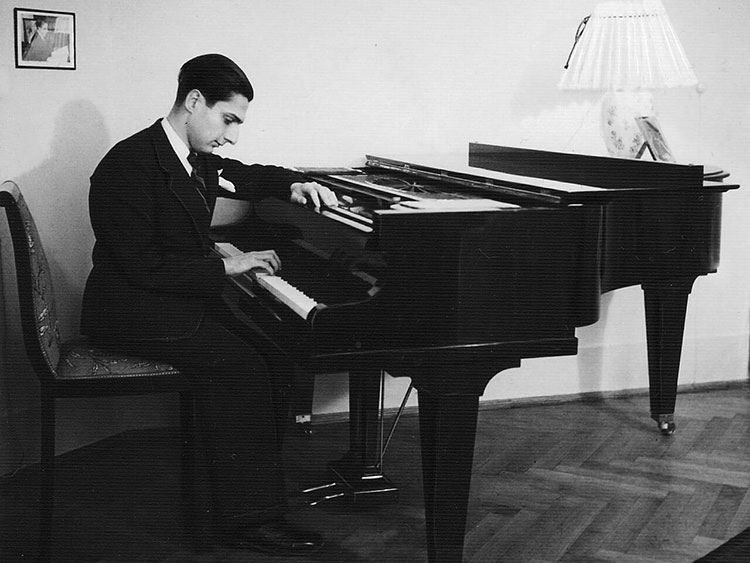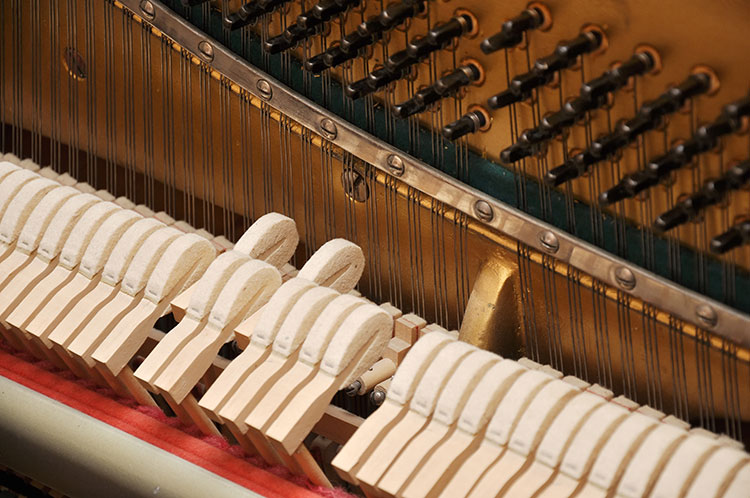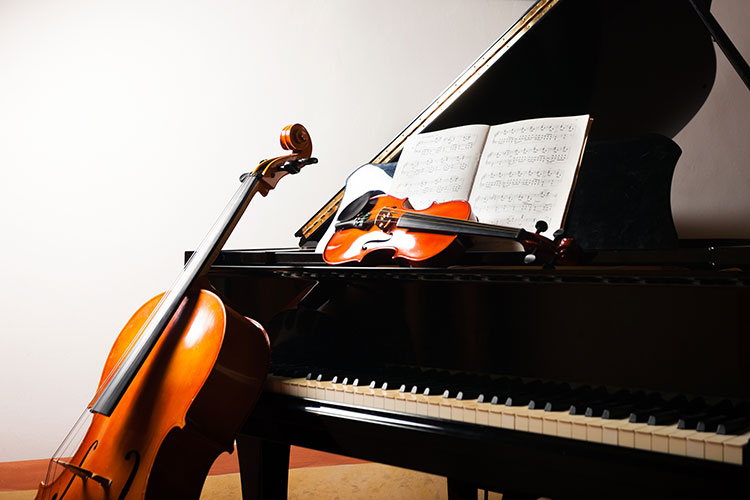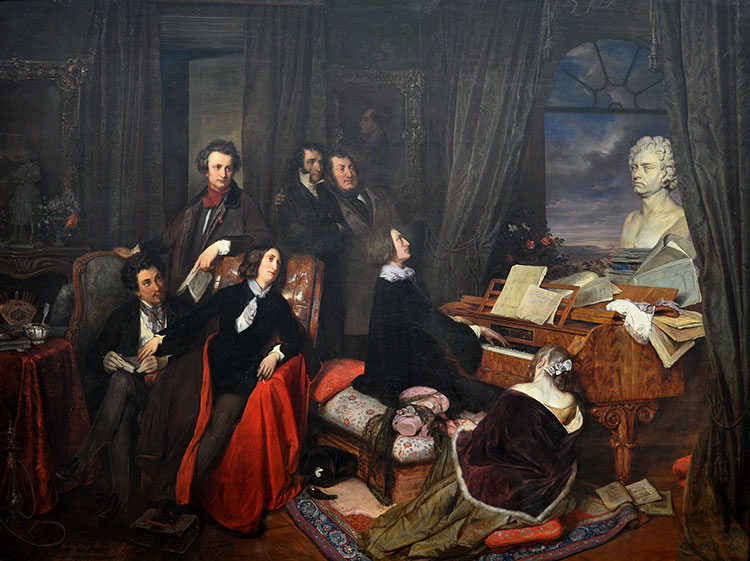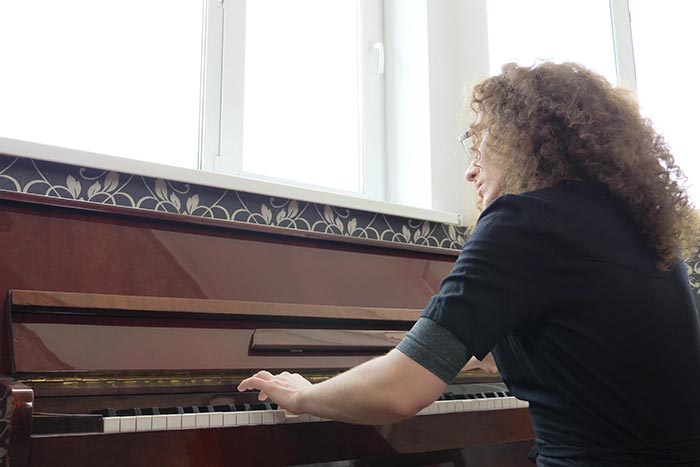Playing the piano is surely a fantastic way to develop your listening skills, as listening to the sound you produce when striking a key, and making sure that each note is played in the right manner within the musical context, is as important as playing.
Listening is key to all effective communication, and it is an essential skill to develop in order to become truly successful in your professional and personal life.
It is so important that many employers provide listening skills training for their employees!
Don’t you think that it would be more enjoyable to develop this ability while learning how to play the piano?
Playing the piano certainly helps you improve this capacity drastically for the following reasons:
You must hear the sound that you wish to produce before touching the keyboard
All the greatest pianists have developed the extraordinary ability to hear how a note should be played before striking a key. It is actually indispensable to acquire this aptitude, as you should decide the colour and the strength of a note before playing it; Otherwise, it is equivalent to start walking without knowing where you wish to go. You could very possibly end up in an unpleasant area!
When proficient pianists succeed in getting a wonderful sound out of the piano, it is never by chance or luck. They always plan in advance and adapt the way they strike the keys to match the sound that they wish to produce.
While playing the piano, there are various ways to modify the sound. These variations include the amount of weight released from the shoulder, arm, hand and finger, or even the way the fingers are bent (bend fingers to obtain a brilliant sound and flatter fingers for a rounder and more melodic sound).
I have myself spent countless hours listening to a piece of music in my head, in order to decide how I would use my body to produce the sound that I would first imagine. It is an exercise that requires a huge experience but establishing how a note should sound before playing it is the only way to obtain satisfying results.
You must be focused on the sound you are producing at all time, to ensure that each note is played in its musical context
It is essential to listen to each note you are playing without failing to ensure that they all make sense in their musical context. If you stop listening, you will lose control and will take the risk to deform a musical phrase by playing some notes too loud, too soft, too round or too sharp.
It is only by listening carefully that you will be able to realise it and correct the mistake.
As I am writing this article, I am listening to Dinu Lipatti playing Mozart’s piano concerto No 21.
If you do not know this extraordinary pianist, it is time for you to discover it. He has unfortunately passed away in 1950, but it is easy to find his recordings.
I appreciate many pianists such as Walter Gieseking, Heinrich Neuhaus, Samson Francois, Alfred Cortot and Artur Schnabel but I think that Dinu Lipatti had an exceptional command of his body, an unparalleled understanding of music and especially a phenomenal ability to control each note. If you listen to him attentively, you will immediately hear that he sincerely cares about each and every single note and that he succeed in giving them each a life of their own.
You must listen to the sound left after striking a key to judge how you should strike the next one.
Hearing a note in your head before playing it, and listening to the sound that came out of the piano are fundamental but listening to the sound that is left after the hammers have pressed again the strings is equally important.
In piano playing, the relation between each note is extremely important to ensure a perfect smoothness.
If you wish to perform a superb crescendo (gradual increase in loudness in a piece of music) or an impeccable diminuendo (a decrease in loudness), you must keep listening to judge how loud or how soft you will play the next note.
It is essential as the sound initially heard when striking the key will decrease almost immediately afterwards. It is why you should play the next note in relation to the sound left after the initial production.
If you listen carefully, you will then be able to vary the intensity of the notes of a melodic line immaculately well

